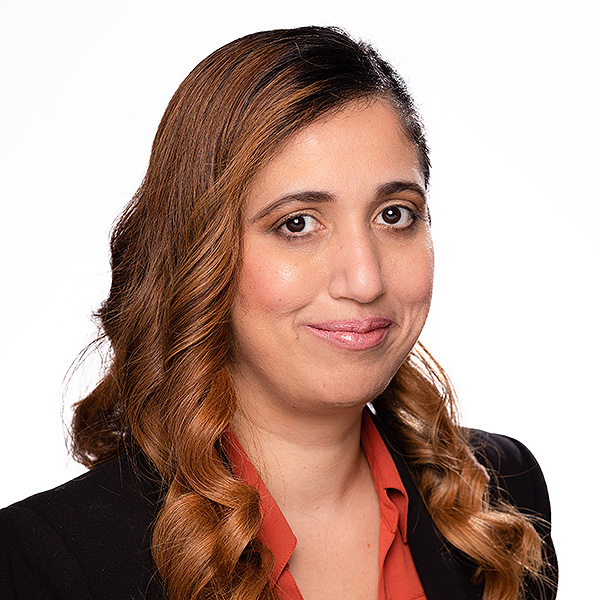Subspecialty Fellowship: Interventional Cardiology

Name: Poonam Velagapudi, MD MS
Current position: Interventional Cardiology Fellow, Brown University
Interventional cardiology fellowship is an ACGME accredited one-year sub-specialty training in percutaneous coronary interventions after completion of three years of general cardiology fellowship. A few programs offer an additional non-ACGME accredited year of training in structural heart disease or peripheral interventions.
I am currently an interventional fellow at Brown University with plans to train in structural heart disease. This field is attractive not only because it encompasses procedural skill but also critical thinking to make guideline directed medical decisions before and during procedures, involves various levels of case complexity from stable angina to acute coronary syndromes to cardiac arrest, is constantly evolving in technology and uses multiple modalities of cardiology such as echo/coronary tomography in case planning.
As an interventional fellow, my day begins around 7 a.m. with cath conference twice a week where we discuss interesting complex cases, review angiograms, go over medical decision making and procedural techniques with attending physicians. This is an invaluable educational experience as we learn from experienced faculty, techniques and skills that may not routinely be available in textbooks. The rest of our days are spent in the cardiac catheterization laboratory planning and performing procedures such as left and right heart catheterization, pericardiocentesis, cardiac biopsies, percutaneous coronary, valvular and peripheral interventions. We take call from 5 p.m. to 7 a.m. (next morning) on few days to perform urgent/emergent invasive/interventional procedures.
Are the days long?
Every day is different. Some procedures may take longer than planned, some may need emergent or urgent procedures such as ST-elevation myocardial infarction and ventricular fibrillation arrest or high risk acute coronary syndromes respectively. In short, we 'expect the unexpected, predict the unpredictable and go with the flow' in the lab. Every case teaches us a new skill. The camaraderie between co-fellows, cath lab staff and attending physicians makes work enjoyable. In the end, nothing matters more than seeing a patient walk back into clinic with a smiling face.
Is it hard being a woman in this field?
Whether a man or woman, if you give a 100 percent to your job, everyone recognizes those efforts and supports you. The long days and call schedules may be a deterrent but if the ultimate goal is to become proficient in performing interventions of different sorts within one year of training, spending those hours seems necessary. Nevertheless, there are a wide variety of jobs available and trainees can pick one that best suits their lifestyle upon completion of training. Many role models, Drs. Roxana Mehran, Cindy Grines, Dawn Abbott and others have proven beyond doubt that women excel in this field. Albeit slowly, with encouragement and support from mentors and women established in the field more female trainees are going into interventional cardiology.
What are the challenges?
The biggest challenge is the steep learning curve with lots to assimilate within one year including multitude of procedures, innumerable gadgets and techniques. Participating in as many cases as possible, reading the interventional curriculum, finding a good mentor, keeping updated with literature and attending National conferences are few things that I find very helpful.
I am hopeful that many of you will chose cardiology and this fascinating field of interventional cardiology that continues to evolve saving millions of lives around the world. Good luck!